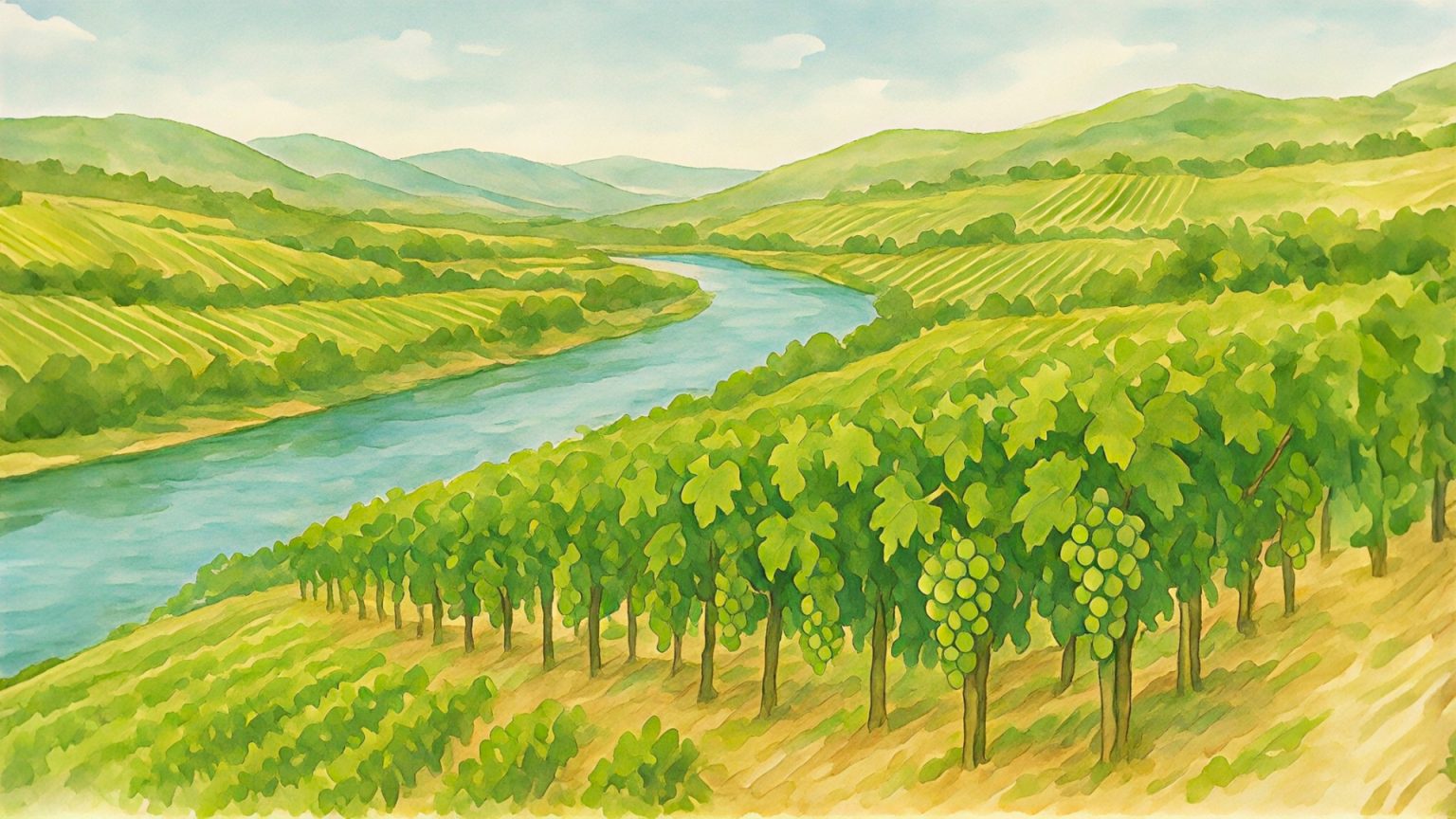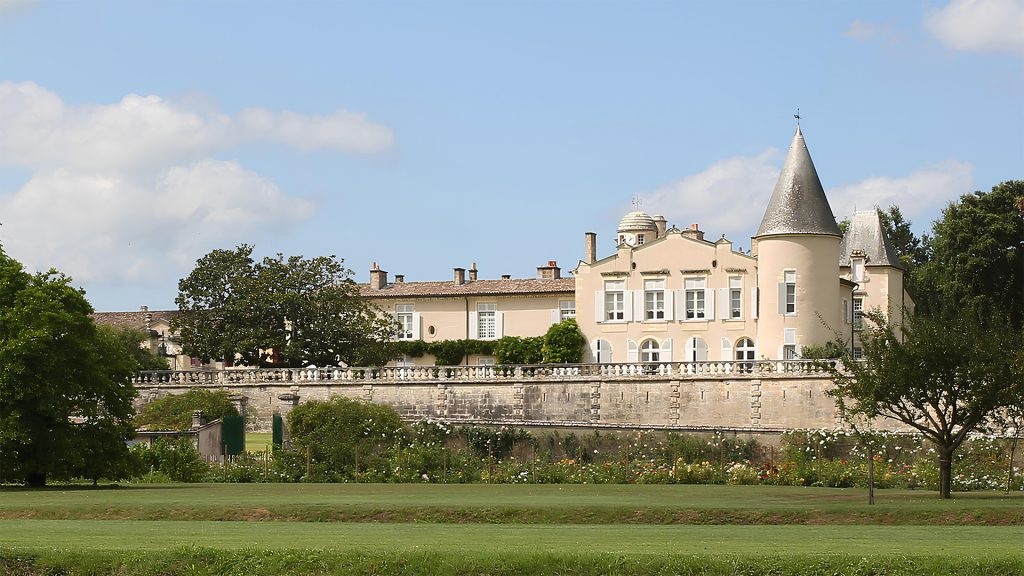Portugal’s Tejo wine region has revised its Protected Geographical Indication (PGI) regulations to allow lower-alcohol and partially dealcoholized wines, aligning with the global surge in demand for lighter wine styles. Approved by the Tejo General Council (CVR) and the Instituto da Vinha e do Vinho (IVV), the new rules lower the minimum alcohol content for “Leve” (light) wines to 7.5% ABV from 9% and permit partially dealcoholized wines with a minimum of 0.5% ABV to carry PGI certification. Red, rosé, and white wines must maintain a minimum of 10.5% ABV.
Spanning 12,000 hectares, Tejo’s vineyards grow 25 grape varieties, including Touriga Nacional and Arinto. The cooling influence of the Atlantic Ocean and Tejo River enables gradual grape maturation, limiting sugar accumulation and producing fresh, vibrant wines naturally suited to lower alcohol levels. The region’s diverse microclimates and terroirs allow winemakers, from family estates to large producers, to craft varied styles.
Subscribe to our newsletter
The changes target export markets like the UK, where low-alcohol wines are gaining mainstream appeal. Luis de Castro, president of CVR Tejo, was quoted in local media as saying, “Tejo’s diversity enables our winemakers to create naturally lower-alcohol wines, offering more options for UK restaurant lists and retail shelves.” The trend is evident in Portugal, with Leve Lisboa wines (up to 10.5% ABV) seeing an 80% sales surge last year.
Other regions may follow Tejo’s lead, with Lisboa planning to certify lower-alcohol wines for Northern European markets. Yet Tejo’s success will depend on consumer acceptance beyond Europe and the ability to preserve flavor integrity in dealcoholized wines.



